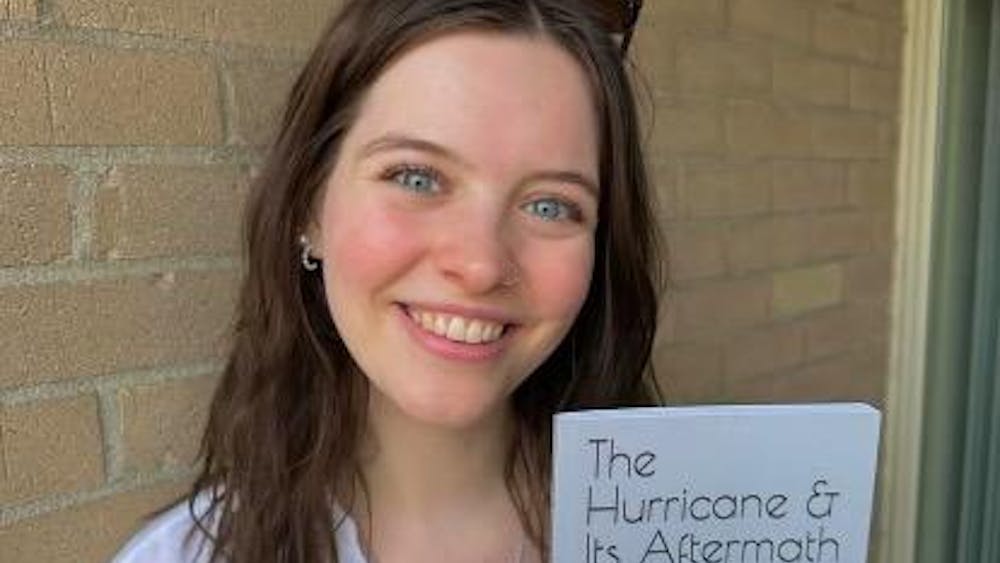“Medicare for All” advocates suggest the support is there for single-payer health insurance. Not exactly.
The Democratic Debates have shown the divide between 2020 presidential candidates on healthcare. They quite obviously have different priorities regarding healthcare reform. But what these candidates have in common is their analysis of our healthcare system as a failed one and their assertion that universal coverage is the goal - and perhaps a cure-all. They disagree vehemently on how to get there.
Sanders’ single-payer plan gets a lot of airway with his promises that you can keep your doctor, that you can receive additional benefits - like dental - not already included in the current Medicare and that Medicare For All would save money by curbing administrative costs. With his repeating of the epithet “Healthcare is a human right,” his promises seem well-intentioned and genuine - but also rely on best case scenarios.
Warren loves to push the narrative that middle-class families will save on costs - just as Sanders suggests. But that relies on some murky economic analysis. That, paired with her beating around the bush on raising taxes, makes me wary of Medicare For All and how much political capital it has.
Many of Sanders and Warren’s Democratic colleagues and the public agree that “healthcare is a human right.” They disagree that their plans workably deliver on that right with their extensive list of benefits and unconvincing mechanisms for funding the sweeping program.
Many of these colleagues prefer a “public option” - a federally funded healthcare program that Americans can opt into - to expand coverage to the uninsured while allowing Americans a choice in whether to keep their private insurance or enroll in the publicly funded program. Some see this as an alternative for Medicare For All, while others perceive it to be a step towards that end.
I embrace the argument that “universal healthcare should be an evolution, not a revolution” - and therefore embrace the argument that a public option plan is the most feasible way to get universal coverage. Universal coverage, I feel, is the true subject of the “healthcare is a human right” argument and Medicare For All is not the only mechanism for providing that.
The public option was initially intended to be included as a provision in the Affordable Care Act but the ACA (best known as “Obamacare”) was negotiated to the point where it didn’t please either Democrats or Republicans. That said, the public option is still a bold plan - no matter what those who espouse “Medicare For All” claim. It’s a plan for dreamers AND do-ers. It has its own legislative path, which is difficult but less-so than legislation regarding single-payer.
These presidential candidates also need to consider that the Democratic majority in the House is made up of candidates from swing districts. Medicare For All may not play well politically in those districts - but a public option might. Presidential candidates are tasked with leading the party in their message - and this message should not alienate members of their own party integral to their chamber majorities.
Additionally, mixed signals in polling regarding Medicare For All suggest that the most ambitious plan may not truly be what Americans favor. Favorability spikes when Medicare For All is marketed as guaranteeing healthcare for all Americans and eliminating premiums but dips when voters learn it could get rid of private insurance.
So my view is that I’m open to far less ambitious plans, if we can show there's public support for those, they push us in the right direction and there's a legislative path.
I fear that the continuing debate over “Medicare For All” will evolve the phrase into something like the Republicans’ “Repeal and Replace” slogan - a bunch of empty words with no action component because there’s not a clear and viable path.









